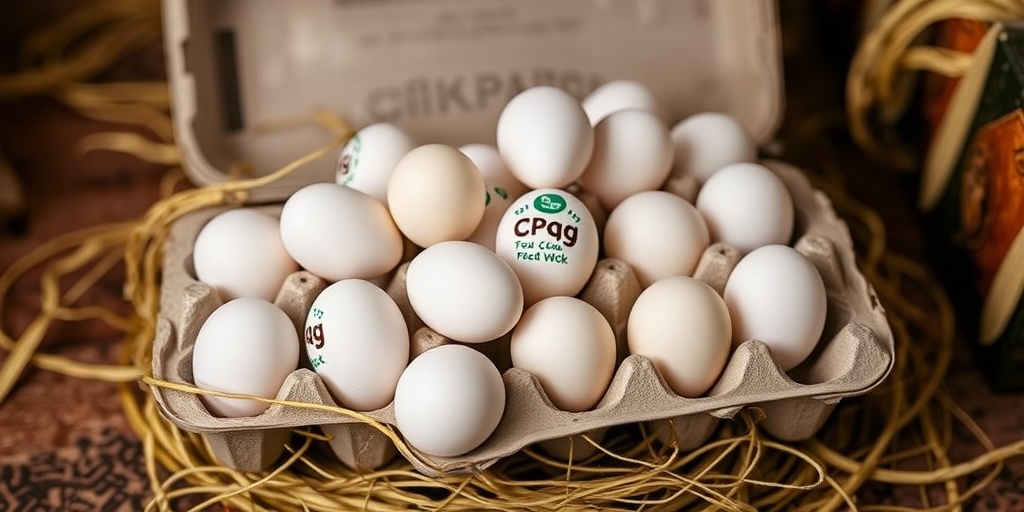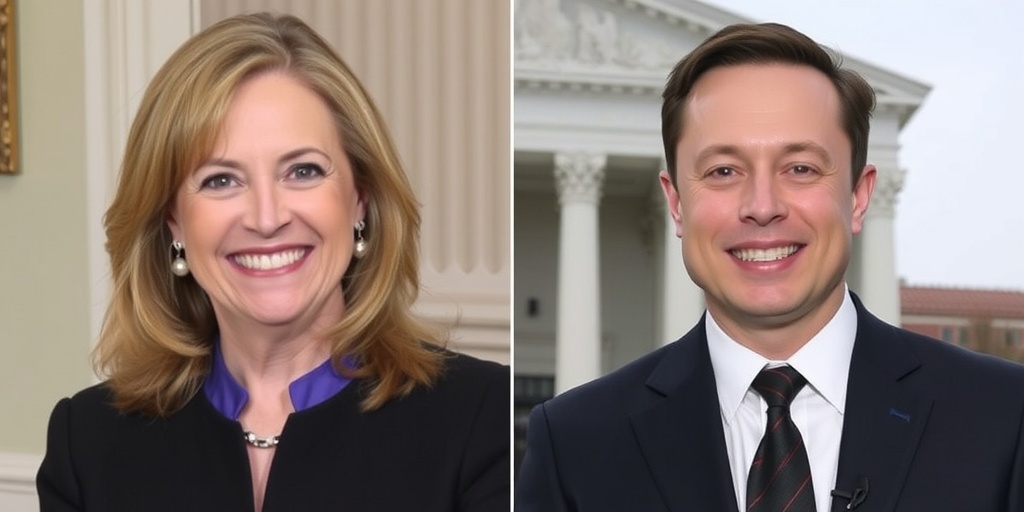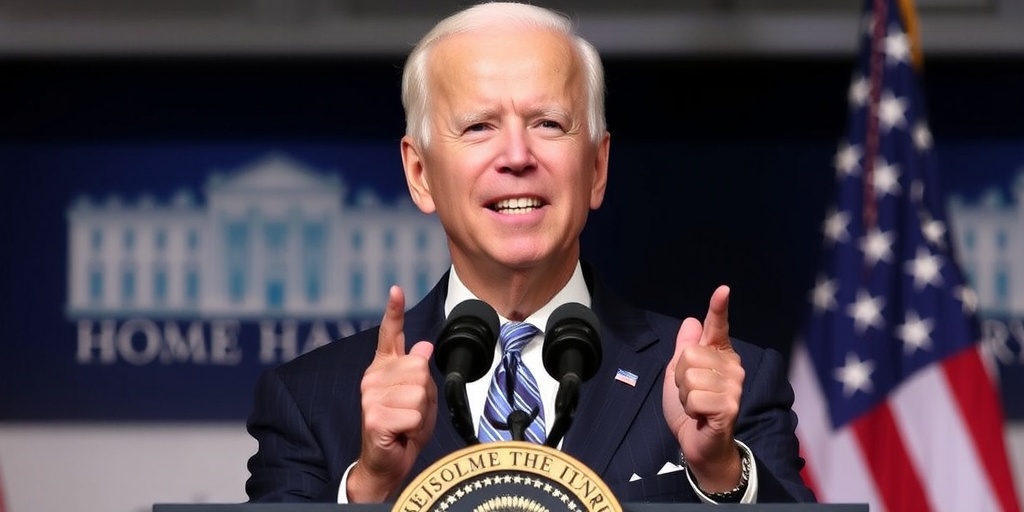Now Reading: Ag Department to Import Eggs Amid Soaring Prices
-
01
Ag Department to Import Eggs Amid Soaring Prices
Ag Department to Import Eggs Amid Soaring Prices

U.S. Government Investigates Egg Imports Amid Soaring Prices
As egg prices continue to soar to unprecedented levels, the U.S. federal government is actively exploring the possibility of importing eggs from various countries as a short-term remedy. Brooke L. Rollins, the U.S. Secretary of Agriculture, made this announcement during an interview on Fox News on Wednesday, highlighting the need for immediate action to address the egg supply crisis that American consumers are currently facing.
Rollins announced that discussions are underway with several nations to facilitate egg imports, aiming to alleviate the financial strain on American consumers and stabilize the market. In light of this, the U.S. Department of Agriculture (USDA) announced a significant investment plan totaling up to $1 billion, which is part of a comprehensive five-pronged strategy to combat the ongoing crisis, primarily linked to outbreaks of avian influenza, commonly known as bird flu.
This multi-faceted approach includes a provision of up to $500 million in funding aimed at enhancing biosecurity measures among egg producers. This initiative is pivotal, as improved biosecurity can help prevent further outbreaks that devastate poultry populations. Additionally, the USDA has allocated $400 million in financial assistance for farmers whose flocks have been significantly impacted by the bird flu, providing them much-needed support as they navigate this challenging period.
Further emphasizing the importance of scientific advancement, Rollins indicated that the plan also encompasses $100 million earmarked for research and development focused on vaccines and therapeutics. Notably, the USDA has yet to authorize a vaccine specifically for poultry. One of the reasons cited for this delay is the apprehension surrounding the possible implications that vaccination may have on U.S. poultry exports.
In her op-ed published in The Wall Street Journal, Rollins addressed a critical component of the USDA’s strategy: the need to protect farmers from excessively stringent state laws. She cited California’s animal welfare legislation, which has drawn considerable attention from business groups and has been a subject of legal challenges. The USDA aims to assess these regulations’ impacts and find ways to navigate them to ensure that farmers can continue to operate effectively without undue burdens.
Despite Rollins not disclosing specific countries from which eggs might be imported, she indicated that Canada is a primary source of eggs imported into the United States. This comes in the wake of the trade policies imposed during President Trump’s administration. Additionally, the Egg Producers Central Union in Turkey recently announced its intention to export approximately 420 million eggs to the United States, a move that could help mitigate some of the supply challenges. However, this quantity represents less than 5 percent of the total number of eggs produced in the U.S. in January, which was about 8.8 billion eggs according to the latest USDA estimates.
Consumer sentiment regarding egg prices is particularly concerning, as Rollins mentioned that individuals should brace for continued increases in egg prices in the weeks leading up to Easter, a period when demand traditionally surges. However, she expressed hope that prices may decrease by the summer as additional measures take effect and imports potentially arrive.
In conclusion, the situation surrounding egg prices in the U.S. has prompted the federal government to take rapid and decisive action to ensure that consumers have access to affordable eggs and that farmers receive the necessary support to recover from the impacts of avian influenza. Through enhanced funding for biosecurity, assistance for affected farmers, and potential imports from other countries, the USDA is striving to stabilize the market and protect both farmers and consumers from the ongoing turmoil in the egg supply chain.
Stay Informed With the Latest & Most Important News
Previous Post
Next Post
-
 01New technology breakthrough has everyone talking right now
01New technology breakthrough has everyone talking right now -
 02Unbelievable life hack everyone needs to try today
02Unbelievable life hack everyone needs to try today -
 03Fascinating discovery found buried deep beneath the ocean
03Fascinating discovery found buried deep beneath the ocean -
 04Man invents genius device that solves everyday problems
04Man invents genius device that solves everyday problems -
 05Shocking discovery that changes what we know forever
05Shocking discovery that changes what we know forever -
 06Internet goes wild over celebrity’s unexpected fashion choice
06Internet goes wild over celebrity’s unexpected fashion choice -
 07Rare animal sighting stuns scientists and wildlife lovers
07Rare animal sighting stuns scientists and wildlife lovers





















